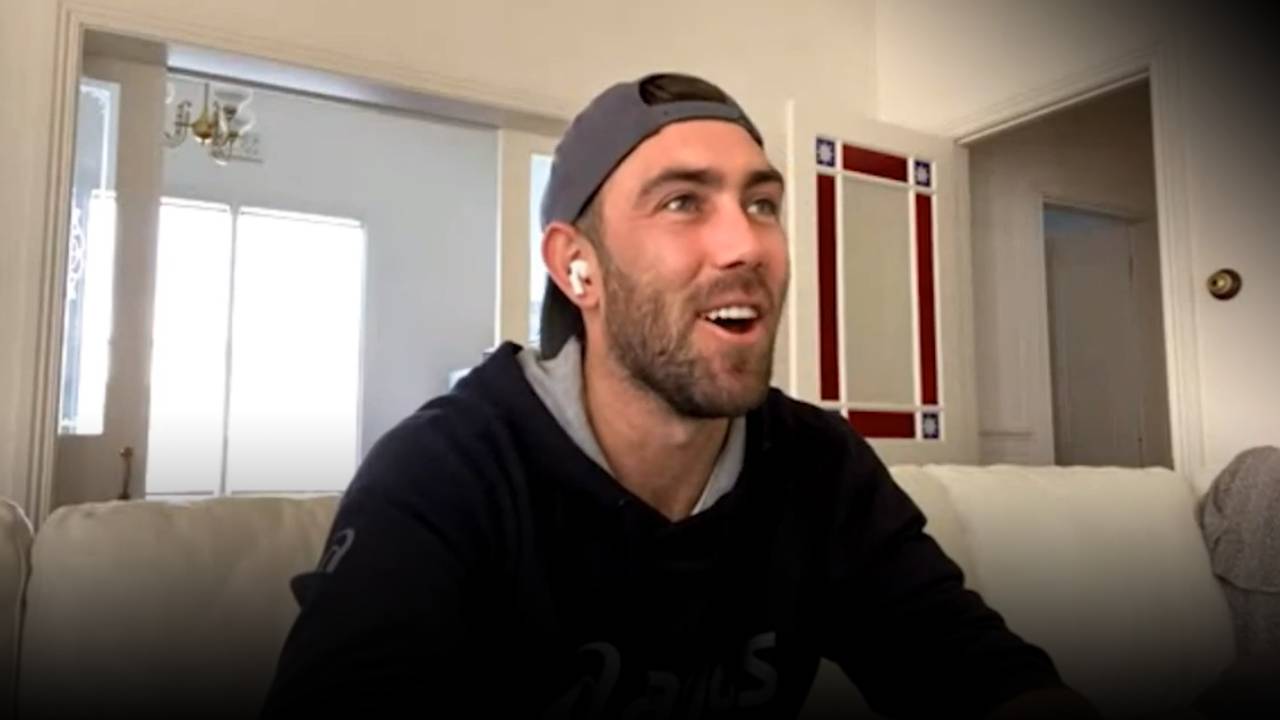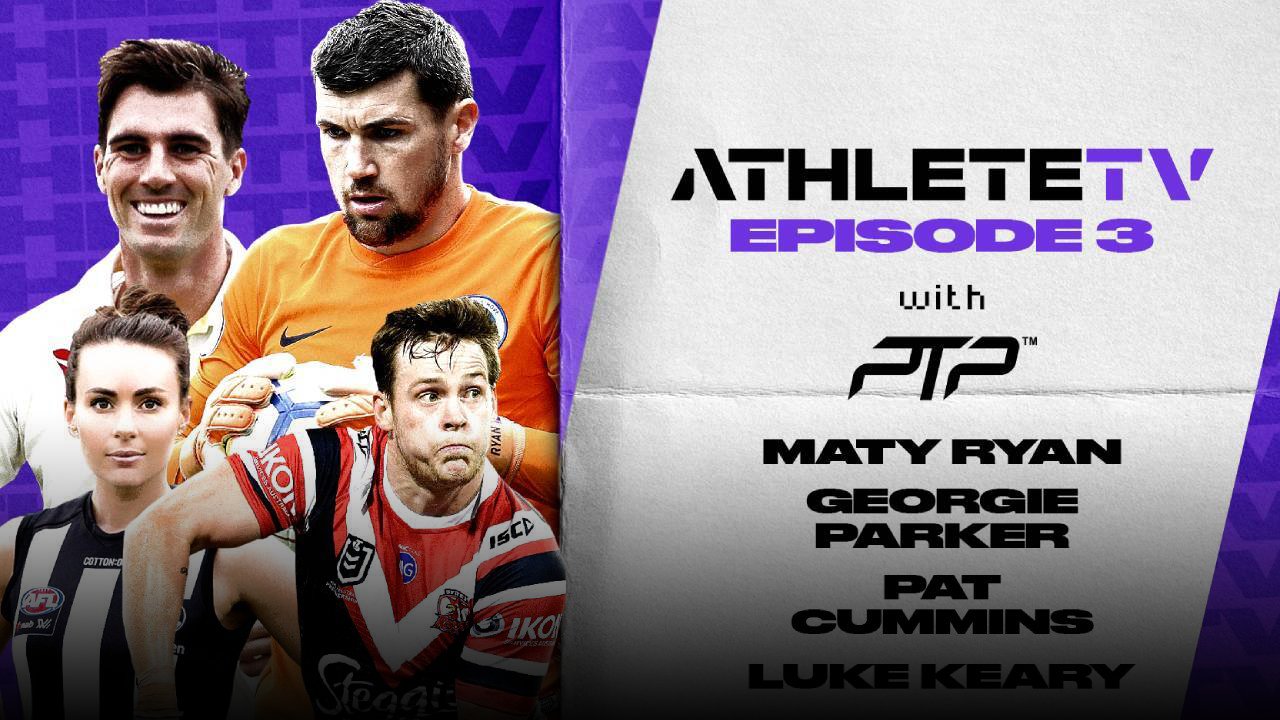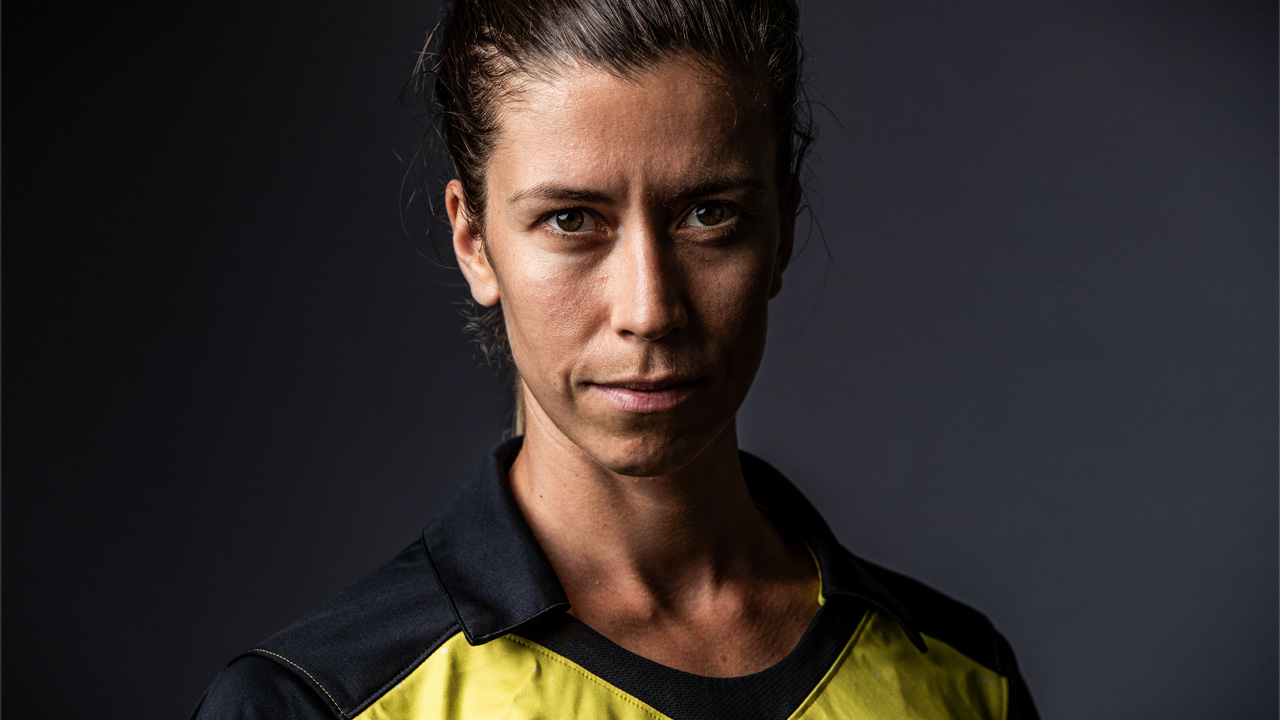HOOKESY AND THE DAREDEVILS
If I was to pick a couple of moments that had the most profound impact on my growth, I’d say the first was leading the Bushrangers after we lost our great mate David Hookes and the second was working at Delhi for the first four years of the IPL.
I’d been in the coaching game for over a decade when Hookesy died in 2004. After 11 seasons at Tasmania, Shaun Graf threw me a lifeline. Shaun had returned to Victoria and asked me to come in as David’s assistant.
David and I didn’t like each other much as opponents. But, within 18 months, we’d established a close bond as coaches. Once you’re rowing in the same direction as someone, you tend to appreciate their skills a bit more.
I loved David’s outlook on the game and the way he dealt with people. The structures we put in place behind the scenes laid the foundations for a number of years of strong results for Victorian cricket.
I was there on the night the dastardly deed was done and tragically he was lost to us. Everyone struggled in the aftermath but our job as leaders was to be very aware of each individual’s response to his passing.

We created an environment in which we kept communication lines open to make people feel as comfortable as possible. If it wasn’t their day and they were struggling at that moment in time, we let them know it was OK and that it was perfectly acceptable to seek help, professional or not. We were well supported by Cricket Victoria in that regard.
David’s funeral in Adelaide was huge. He’d had a big profile and the way it happened made it a big deal in the media. It added another layer to the challenge of ensuring everyone was looked after, but the players were extremely mature about looking after themselves and others, and Darren Berry did a great job as captain.
The goal for me, after all the initial shock and sadness, was to focus the guys on playing good cricket. I wanted our boys to respond on the field in a way that showed what David had meant to our group. The team showed plenty of strength and character in winning the Shield title that year. We played really good cricket and did him proud.
David and I didn’t like each other much as opponents. But, within 18 months, we’d established a close bond as coaches.
The whole terrible episode was a unique situation for me as a coach, no doubt. But the game’s evolution seemed to pick up pace from that time. The emergence of Twenty20 – which Hookesy would have absolutely loved – has since filled the game with potentially enormous rewards, placing a whole new set of mental strains on players.
Those strains can be on show at times or well-hidden at other times. How we respond to that is probably one of the main demands of being a coach these days.
That environment was on display for me for the first time at Delhi in 2008 at the IPL. I remember looking around the dressing room that first season and seeing Sehwag, Gambhir, Dhawan, Dilshan, de Villiers, McGrath, Vettori, Shoaib Malik, and others. It was breathtaking to stand up in front of these superstars and explain to them this new beast on the block that was the IPL.
With players like that in your squad, you could be forgiven for thinking the task of being their coach was easy. But, with only four internationals allowed to play in each game, I found myself going at different times to Vettori and McGrath, for instance, and having to say, ‘Sorry boys, you haven’t made the side’.
It was incredibly humbling. But it taught me a great lesson in dealing with other non-selections at different levels. There’s class and there’s class, and I saw a lot of it over there with players being not selected but still participating in the process.
Apart from managing players of that calibre, we operated in an unbelievably intense environment in India that no one could have been prepared for. Every game was like an AFL grand final. The media, the lead-up, the crowds – it was incredible.

BEST OF THE BEST
In surroundings such as those at the IPL, my messaging had to be clear and delivered confidently. Over years of coaching – whatever the format and in whichever country – the big lesson I’ve gained is that the main relationships to manage are with the players and the organisation.
How ever you go about it, it’s vitally important to ensure your players are heading in the same direction as you and they, at times, are playing for you. It is just as crucial that, as coach, you understand the requirements of the organisation that employs you. I think I’ve worked well around those components and probably wouldn’t have lasted as long in the game if I hadn’t.
I remember Dennis Lillee saying to me, ‘Just stay out there as long as you like. We’re lapping up the rest’. I was more than happy if I was keeping Dennis happy.
As we prepare for BBL 08, I’d like to think we have good dynamics within the Sixers group and the players and organisation feel prepared to achieve our common goal of success on and off the field. In the future, however, I’d like to see one major change occur.
When I arrived at the Sixers, we had Steve Smith, Mitchell Starc and Josh Hazlewood on our list. But I don’t think they’ve played a game since. Last season we were fortunate to have Nathan Lyon come back for four matches and we won all four. It says a lot about top-class players being available.
I think it’s very important for all parties to work out a mechanism where we get to see the very best cricketers in Australia playing in this competition even just for two or three rounds because, as I realised that day in London, this format is here to stay.
More about: Australian cricket team | Big Bash League | England | IPL | Melbourne Stars | Sheffield Shield | Sydney Sixers | T20 | Test cricket




 Load More
Load More